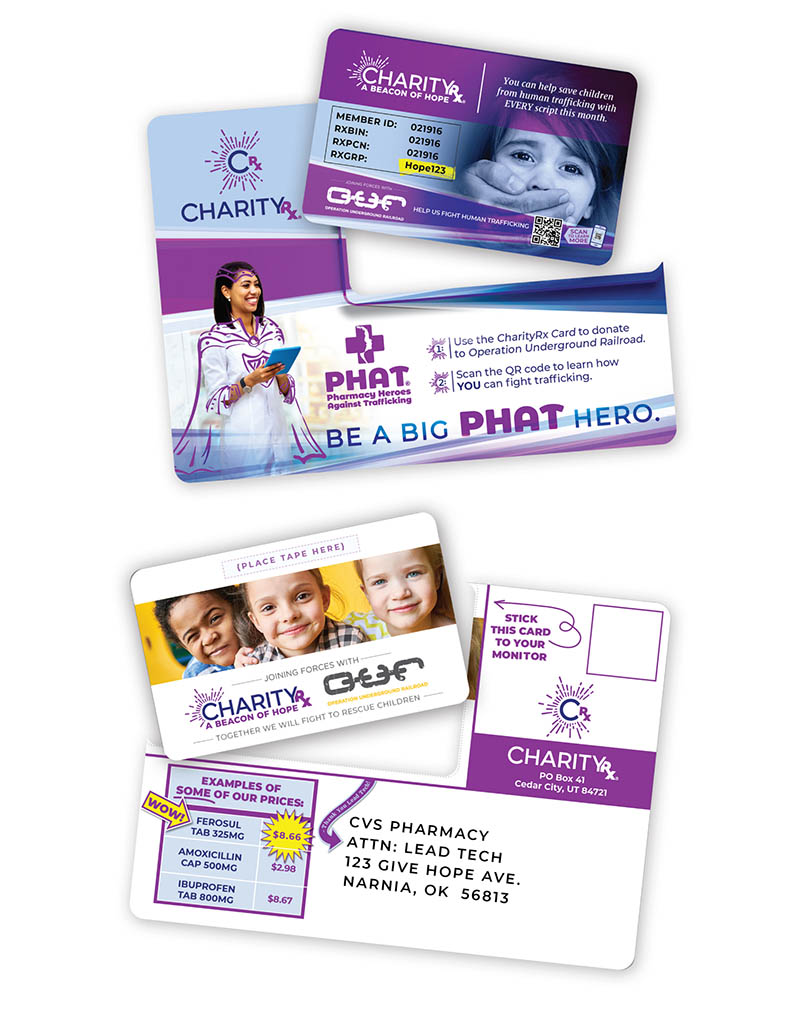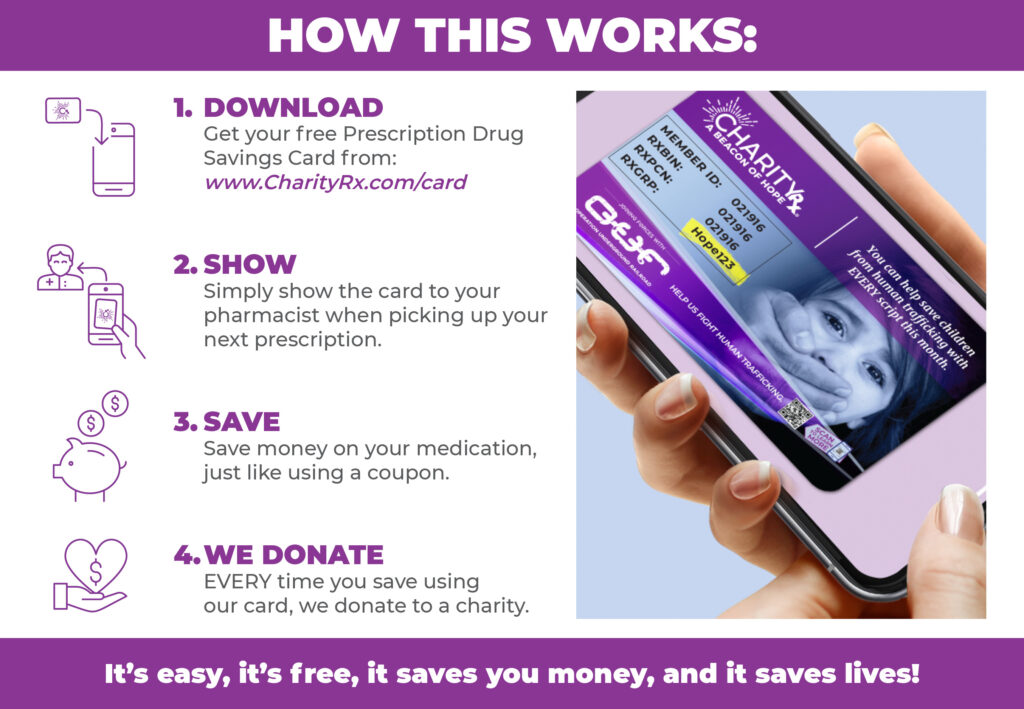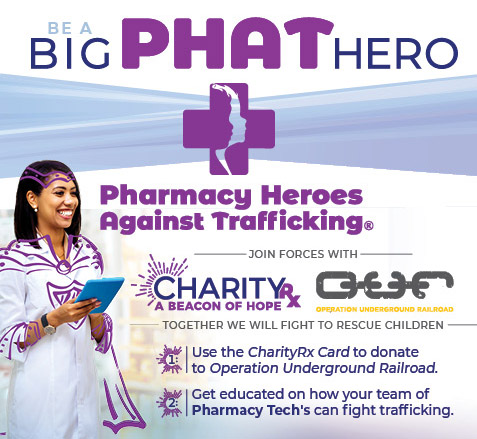

Pharmacists and Pharmacy Technicians — especially those who work in the ER, community health centers, ambulatory care clinics, or retail pharmacies — have an opportunity to help fight human trafficking and be a Big PHAT Hero.
Did you know YOUR occupation in the pharmacy field provides a unique opportunity to help trafficking victims?
Because pharmacists and pharmacy technicians are among the most accessible healthcare workers in hospital and community settings, and it’s not unusual for them to talk privately with patients, they can help identify victims and guide them to safety.
Human trafficking is a heinous crime that affects people of all ages, races, and socioeconomic backgrounds. It is often referred to as “modern-day slavery” because victims are forced into labor or sexual exploitation against their will. In this blog post, we will discuss the signs that someone may be a victim of human trafficking. If you suspect that someone is being trafficked, please do not hesitate to call the National Human Trafficking Hotline at 888-373-7888.
Up to 98% of trafficking victims seek healthcare services.

Pharmacists and pharmacy technicians who are taught to be vigilant in looking for signs of human trafficking, no matter what setting they work in, from community clinics to retail locations, can be integral in helping to fight this growing epidemic. Because studies of human trafficking survivors show they do eventually seek treatment, pharmacy professionals who receive training in recognizing the signs of human trafficking are better at identifying victims and are more likely to report the crime than those who don’t.
An important step in fighting this epidemic is realizing that human trafficking occurs in all 50 states across America. A common misperception is that human trafficking is not prevalent here in our own communities. When in fact, the United States is the top destination for human trafficking victims (J Health Care Poor Underserved). This lack of awareness only adds to the ability of perpetrators to be able to easily conceal their crimes.
According to the U.S. Department of State, of the estimated 600,000 to 800,000 people trafficked across international borders annually, 80 percent of victims are female, and up to 50 percent are children. Hundreds of thousands of these women and children are used in prostitution each year (U.S. Dept. of State Report). In addition, more than 100,000 American children younger than 18 years of age are being trafficked within our U.S. borders. These numbers are only rising as human trafficking is becoming the fastest-growing form of international crime and is now the third most profitable business for organized crime.
A common misperception is that human trafficking is not prevalent here in our own communities. When in fact, the United States is the top destination for human trafficking victims.
J Health Care Poor Underserved
1: IDENTIFY
Delayed care, body language, sexual health concerns, signs of physical abuse and neglect, mental health issues, and unusual prescription-filling patterns may be some signs to help identify victims.
2: QUESTION
Asking questions may help give some indications of whether you are speaking to a potential trafficking victim.
3: INTERVENE
Sometimes reporting victims can put them in danger. Know the local and federal laws in your area. Use local resources or your pharmacy’s action plan. Call the National Human Trafficking Hotline at 888-373-7888 if you suspect a victim in your pharmacy.
Sources: J Hum Traffick 2019;5(3):255-266; Department of Health and Human Services.
If we are to put a stop to human trafficking, it is important that we learn to recognize the signs. By doing so, we can help identify victims and get them the assistance they need.
If you see something, say something. You could be saving a life.
STEP 1:
Use the CharityRx Prescription Discount Card.
Every script will donate to Operation Underground Railroad to help save trafficking victims.
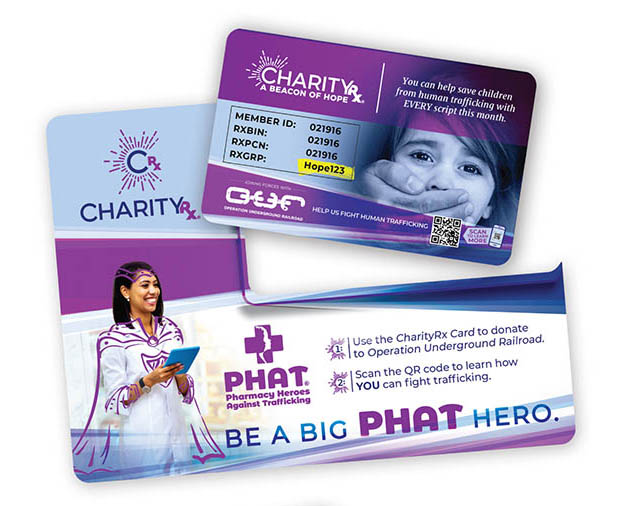
STEP 2:
Educate yourself on fighting human trafficking.
Take online courses and learn how to identify and report signs of trafficking.
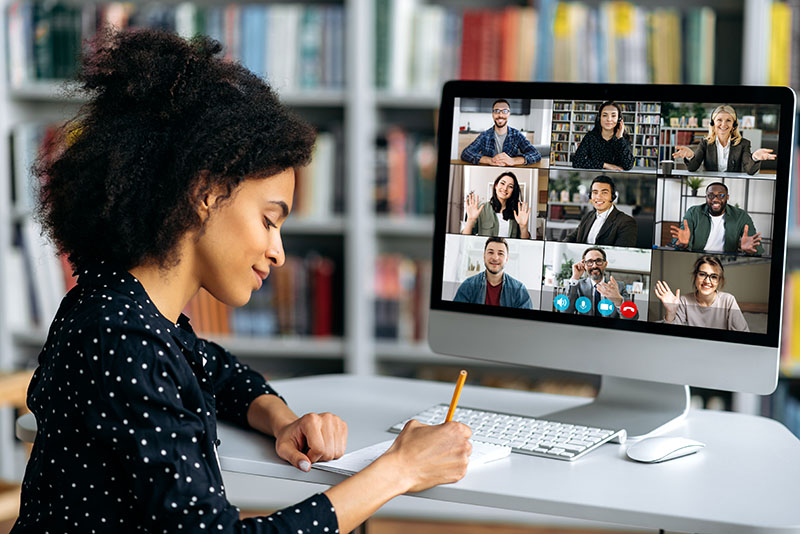
For more information on human trafficking and how you can help, please consider taking an online training course specific to Pharmacy Technicians.
Pharmacy Technician’s Role in Addressing Human Trafficking
Human Trafficking Training (Pharmacy)
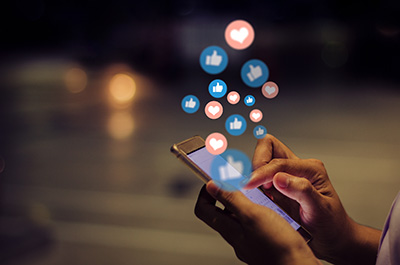
Share the free online training course below geared towards the general public with your friends and family to bring awareness to the cause and give educational information on human trafficking so they can be a Big PHAT Hero, too.
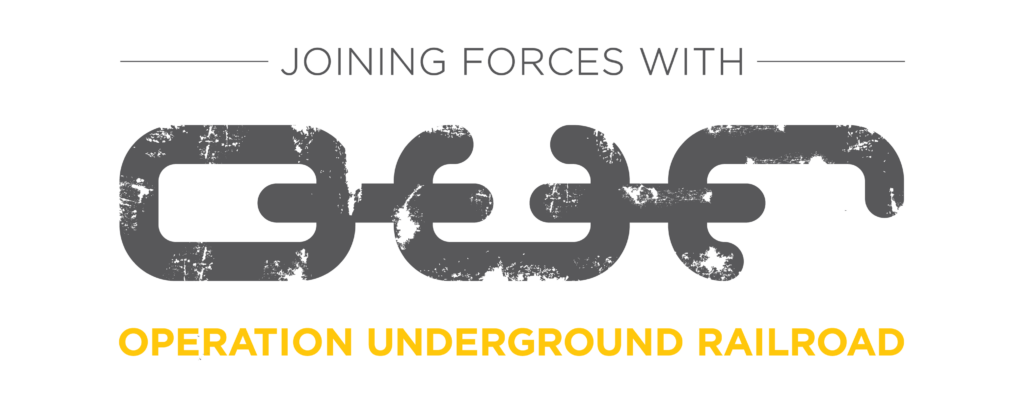
GET TRAINED
Receive free online training to identify signs of human trafficking and what you can do to join the fight.
https://ourrescue.org/training
